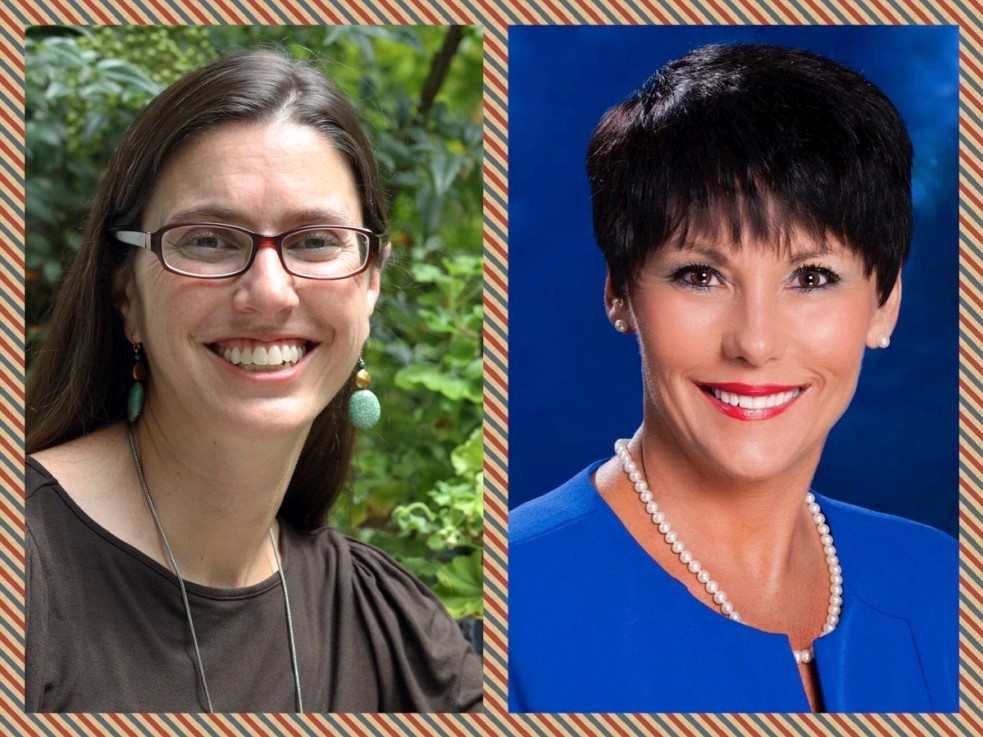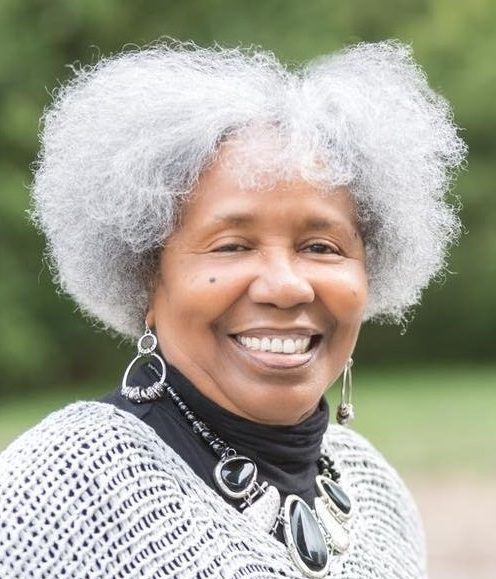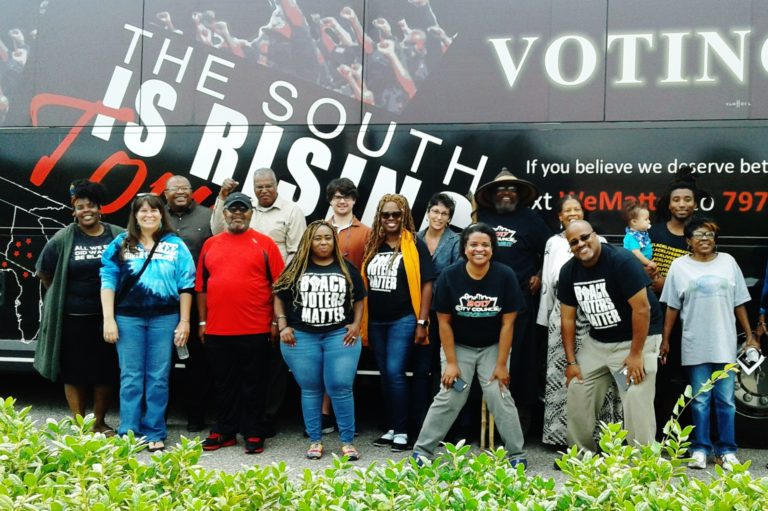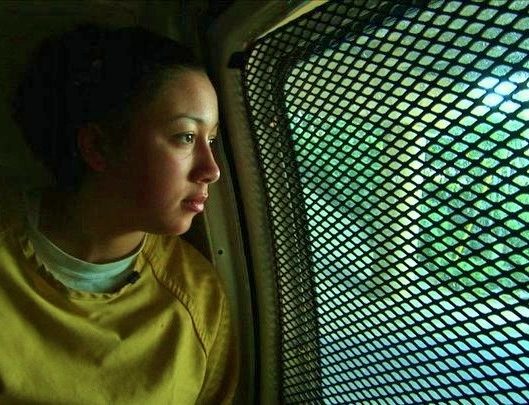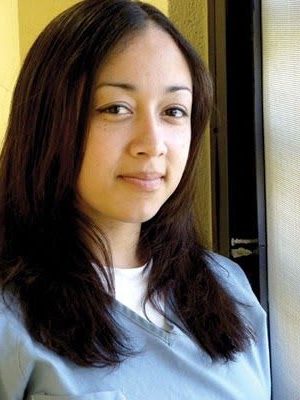Election 2020: 16th State House District Rowland vs Carringer
Two Knoxville natives with different views of the world.
BY JESSE FOX MAYSHARK • OCTOBER 7, 2020
There are no term limits for the Tennessee state Legislature. Just ask Bill Dunn.
The retiring speaker pro tempore of the state House of Representatives was first elected to office in 1994, representing the North Knox 16th District. He has been reelected every two years since, serving a total of 13 terms.
But with Dunn deciding not to seek re-election this year, voters in the 16th District will be sending someone new to Nashville. The contenders are Republican Michele Carringer, a former county commissioner, and Democrat Elizabeth Rowland, who has worked in government but never before sought office.
The district takes in the northeastern portion of Fountain City as well as Halls and Powell, reaching all the way to the Anderson County line. More suburban and rural than urban, it is a traditionally Republican district, although its Fountain City precincts have been trending more purple if not blue. In 2018, Dunn won reelection handily, by a margin of 70-30 percent.
Carringer won a contested primary in August over fellow Republican Patti Bounds, a Knox County school board member. Carringer presented herself in that race as Dunn’s most natural successor, including her support of the school voucher program that he sponsored on behalf of Gov. Bill Lee. (Most of the section on Carringer in this article originally appeared in our coverage of that primary election.)
Regardless of who wins, the seat will be held by a woman — which will make three women in the county legislative delegation, out of a total of 10.
Michele Carringer: In Dunn’s Footsteps
Carringer is a lifelong Knoxvillian who still lives in Fountain City, where she grew up. Her daughter represented the fourth generation of her family to graduate from Central High School, where both Carringer and her husband, Mike, are also alumni.
“My parents were very much hardworking people, and husband’s family also,” she said. “They taught us both to always give back.”
Her daughter and husband both work as doctors at the University of Tennessee Medical Center. Carringer graduated from high school in 1980 and attended UT but left before completing her degree after she got married.
Her family is politically active and she has been around politics most of her life — her mother, Irene McCrary, is a former chair of the Knox County Republican Party. Carringer herself has served as president of the Fountain City/North Republican Club, vice president of the Volunteer Women’s Republican Club and secretary of the Halls Republican Club, among other party positions.
“I’m very strong in the fact that we have the right to vote in our country,” she said. “Men and women lost their lives for it. I’m very strong about making a difference and helping people.”
She first joined County Commission in 2009 when she was appointed to finish the term of 7th District Commissioner Scott Moore, who was ousted from office by a judge for committing perjury during the open meetings trial that followed the Black Wednesday scandal. She served for two years until the makeup of County Commission changed in 2010 and the body was reduced from 19 to 11 members.
In the redistricting that followed the 2010 Census, Carringer’s home address was moved from the 7th District to the 2nd District, which extends south of Fountain City through most of North Knoxville. When the 2nd District Commission seat came open in 2016, Carringer ran and narrowly defeated Democrat Laura Kildare.
She was planning to seek re-election to Commission — she had even picked up a nominating petition — before Dunn announced his retirement. Carringer said she received phone calls from friends urging her to run.
“It so came out of the blue,” she said. “What really made the difference was when I met with my family before the holidays. They were all for it.”
On Commission, Carringer rarely made waves, generally voting in support of major initiatives from former county Mayor Tim Burchett and current county Mayor Glenn Jacobs. She claims some of the credit for getting the new Adrian Burnett Elementary School on the county capital plan. And she notes she stood up for residents of her district who were opposed to a proposed development on Beverly Road, which was ultimately withdrawn.
She was also a vocal supporter of the Knox County Sheriff’s Office, including Commission’s move in June to take money from the general fund balance to give a $1,500 bonus to uniformed officers.
Carringer describes herself as a Christian and “very, very much pro-life.” In the Legislature, she said she would first of all aim to carry on Dunn’s work. She has known and supported Dunn for years, and her daughter worked as a college intern in his office.
“I think Bill Dunn’s done a great job,” Carringer said. “My daughter said, ‘Bill Dunn’s the same person in Nashville and the same person when he comes home to Fountain City.’”
She is also favorably impressed by Lee. “No one could have predicted this pandemic that’s come through, and I think he’s doing the best he can,” she said. “I think Gov. Lee is really for the people, and he wants to do the best he can for them.”
Carringer said her priorities in Nashville would be to support better pay for teachers, more resources for schools — “We really need to concentrate on getting our students college- and career-ready” — and the ongoing efforts to combat the opioid epidemic.
On Lee’s beleaguered voucher bill — which was struck down as unconstitutional by a Nashville judge in May and is currently the subject of an appeal — Carringer said it could give options to some low-income families.
“I’m for the parents being able to have a choice in deciding how to educate their children,” she said.
Elizabeth Rowland: An International Perspective
Rowland is a second-generation legislative candidate. Her father, Mike Rowland, served one term in the Tennessee House in 1975-76, representing what was at the time the 6th District in Knoxville. Her parents were very politically engaged.
“So I grew up talking politics with them around the dinner table,” Rowland said. “And they always taught me that politics and leadership was about listening to others, and working with people in the community to identify problems, come up with solutions and get things done to make our community a better place.
“Politics gets a bad rap, but to me, that’s what it should be about.”
Rowland grew up “on a farm in Solway” and graduated from Farragut High School. She was interested in global politics and majored in international studies at the University of Colorado, with a focus on Latin America.
“I was really interested in trade issues, and I wanted to learn about that dynamic of jobs moving” from one country to another, she said. She studied abroad in Mexico and returned to the country after college with a trade delegation, where she heard a lot of talk about Mexican factory owners fearing rising competition from China.
That lit a spark for Rowland. After working for a few years as a legislative assistant to U.S. Rep. Harold Ford Jr., D-Memphis, she moved to Shanghai for a year and a half and studied Mandarin.
“While I was there, I started a little jewelry company that was really more of a hobby, but it was a great way to learn about trade firsthand,” she said.
She came back to the states and earned a master’s degree at Johns Hopkins University in international economics and China studies. That led her back to China, where she worked in Beijing as a policy analyst for the American Chamber of Commerce.
In 2013, Rowland moved back to Knoxville to help care for her mother, who was having health issues.
“There’s pretty much zero China policy analysis jobs in Knoxville, or Tennessee, for that matter,” Rowland said with a laugh. “So I traveled around the state trying to figure out what was going on here with Tennessee-China trade and investment.”
That led her to essentially create a job for herself by founding the TN-China Network in 2014, to promote trade and build business relationships between the state and the world’s most populous nation.
“I’ve been fascinated by how we can make Tennessee competitive, because from a young age I saw jobs leaving Tennessee and I wanted to fix it,” Rowland said. “I’m a problem solver.”
Rowland ran the nonprofit organization until earlier this year, when she stepped down to pursue other interests — including running for office. She said she knows that as a Democrat in the Legislature, she would be part of a massively outnumbered minority. But she thinks her background would serve her well.
“I’ve worked with people from all different backgrounds, different countries, different political views,” Rowland said. “I relish opportunities to work with people that think differently than me, because that’s when you can really make a difference.”
Her major priorities are jobs, education and healthcare, and she said all three are related.
“I’ve heard time and time again companies say they need an educated workforce, they need a healthy workforce, and they need a strong infrastructure,” Rowland said. “Those are things that I would focus on.”
She is in favor of expanding Medicaid and opposed to school vouchers, which she said siphon money away from public schools.
“I support public school choice, such as magnet schools,” Rowland said. “We have some very excellent magnet schools in Knoxville that have been nationally recognized.”
She noted the turnover this election brings with the retirement of Dunn.
“This is the first time in a quarter-century that this district’s voters have had a real chance to elect a new generation of energetic, bold leadership,” she said. “I want to focus on issues that impact people’s daily lives, not issues that divide us.”


